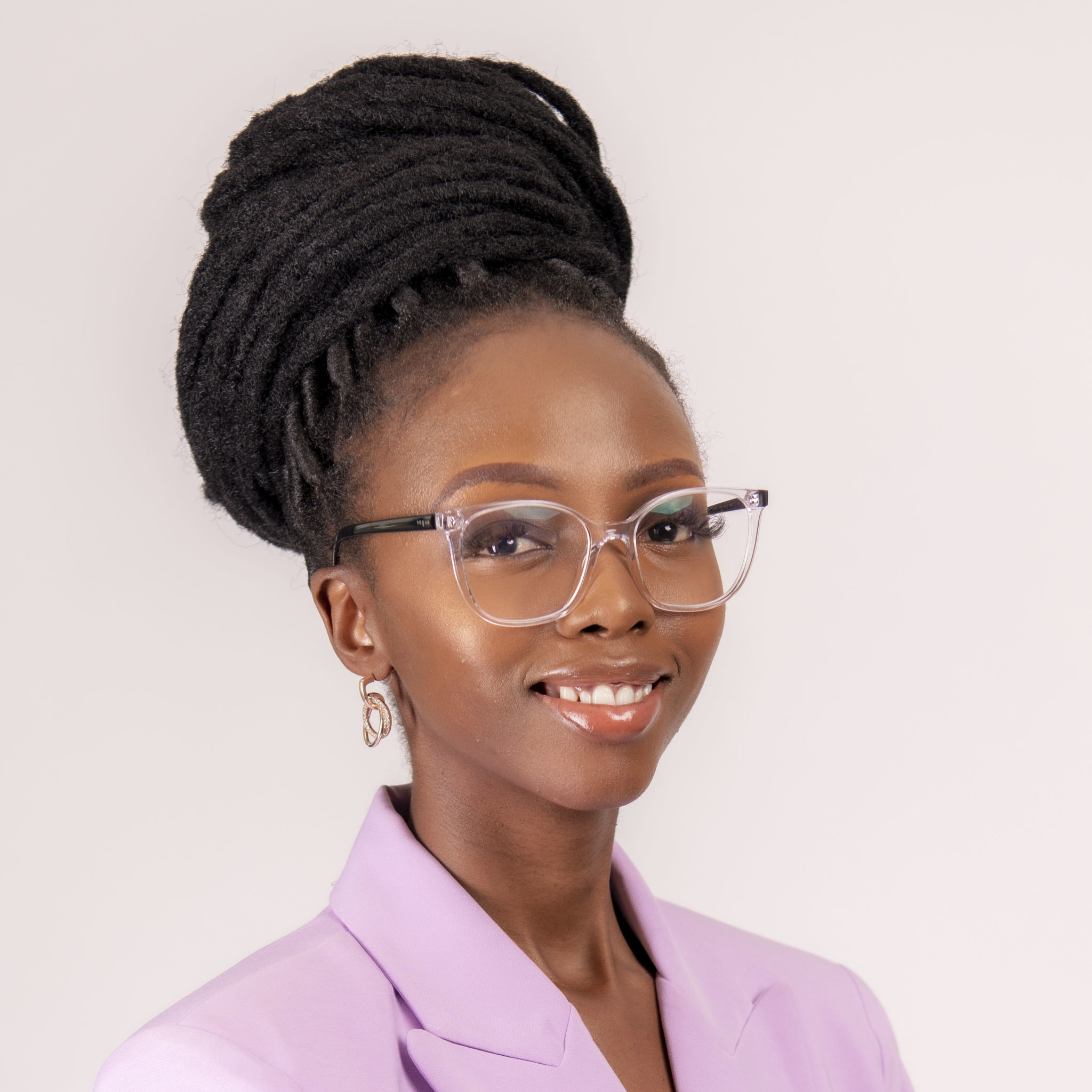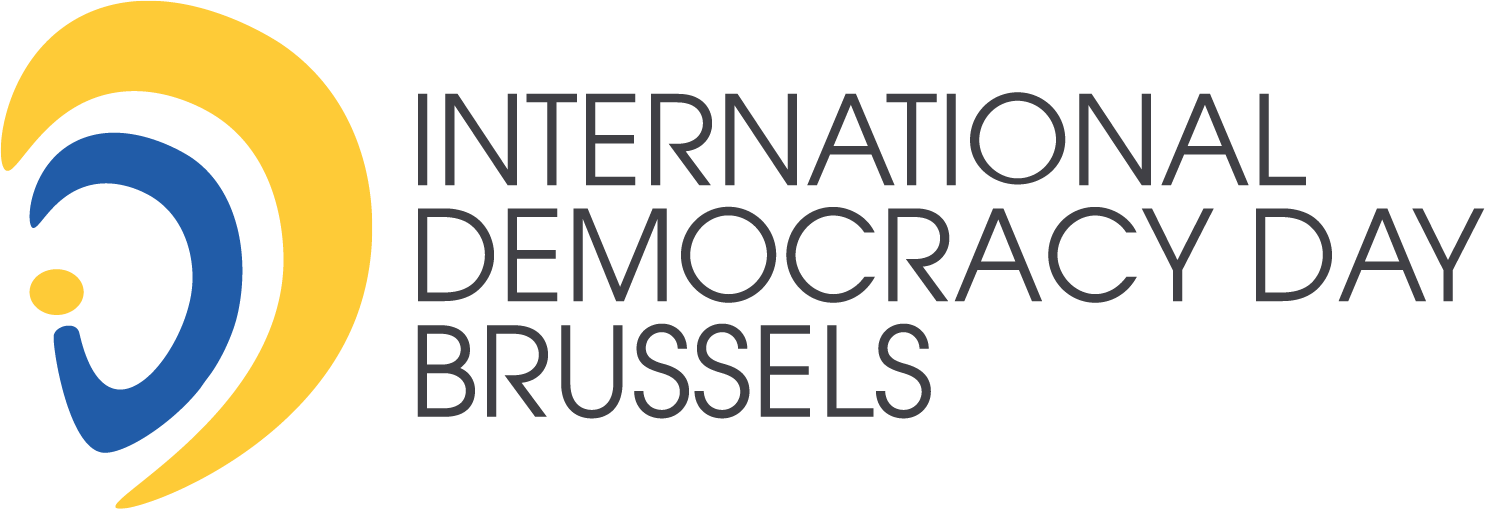
Asanda Luwaca
Executive Chairperson of the National Youth Development Agency of South Africa, Club de Madrid WYDE Network of Young Decision-makers.
Asanda Luwaca began her activism whilst pursuing her qualification wherein she participated in the life of Youth Organisations. She later continued with her activism in the political space where she served across various leadership structures. She completed her BA Politics qualification in 2012, and later pursued her Honours qualification in Politics. Over the years, she has obtained additional qualifications in the following areas: Evidence-Based Policy Making and Implementation at the Nelson School of Government at the University of Cape Town; Policy Research Training at the University of Stellenbosch; and Academic Writing Skills at the University of Stellenbosch. Her activism in politics saw her participating in the 2015 #FeesMustFall movement, where she later contributed a chapter in a published book titled ‘We Are No Longer At Ease: The Struggle for #FeesMustFall’. She later relocated to Cape Town to join the ANC Parliamentary Caucus where she worked as a Researcher. Some of her achievements include her being one of the winners of the International Organisation for Migration Competition where she, alongside progressive youth in South Africa, were awarded an all-expenses Educational Trip to the African Union Headquarters in Addis Ababa in Ethiopia. She was also a Finalist for the Moremi Initiative Women’s Leadership in Africa (MILEAD) 2015 Fellows Programme. She was recently appointed by the Minister of Higher Education and Training, where she currently serves as a Council Member at the Ingwe TVET College as Chairperson of the Donor Funding and Stakeholder Relations Committee. In 2021, she was appointed by HE President Cyril Matamela Ramaposa to serve as the Executive Chairperson of the Board of Directors at the NYDA, where she is currently serving.
All Sessions by Asanda Luwaca
Session 2: Mobilising young people at the ballot box: good practices and challenges
Several studies have shown that young people are turning away from democracy and politics. However, recent elections have highlighted how mobilised young people can impact the result of elections. Recently, South African voters have been queuing up for up to 6 hours to cast their ballot in a process through which the main political party will lose its absolute majority after 30 years of unchallenged political dominance. From Poland to Guatemala, Zambia (2021), Argentine (2023), Liberia ( 2023), Senegal (2024), people were able to shake up the status quo by voting en masse to bring opposition candidates to power. For better or worse, voters can make a change, sometimes radical one. Even if elections are not enough to make democracy a democracy, they still matter for voters and political alternance is a key deterrent for corruption and abuse of power. In the year of elections, young people hold the key to reinvigorating democracy through the ballot box.

